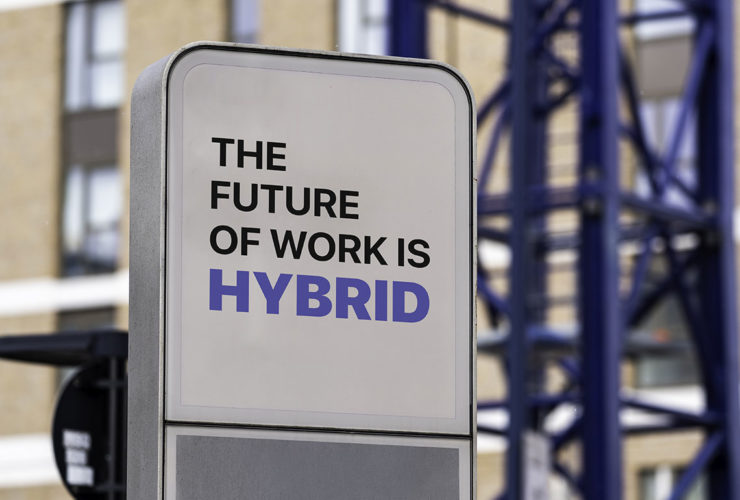In June, The Wall Street Journal reported that 65% of CIOs report a tech skills shortage, the highest percentage since the 2008 recession.
This is troubling given how critical quality tech talent has become for businesses’ success. PricewaterhouseCooper’s 2015 Global CEO Survey report noted, “The rapid pace of technological change—seen as a challenge by 58% of CEOs—is … highlighting a shortage of key skills that could imperil growth.”
But too often new hires’ skills are lacking or don’t fit given employers’ particular needs. According to a Robert Half Finance & Accounting survey, 36% of CFOs reported that the top factor leading to a bad hire, other than performance problems, is a poor skills match.
Companies Turn to Technical Interviews in Hiring
So how can companies’ identify tech talent that have the skills they desperately need?
For many leading companies, the answer is with quality technical interviews. Among them are Microsoft, Google and Amazon, which rely on them when hiring their software engineers, according to tech hiring author Gayle Laakman McDowell.
Technical interviews strike a balance between determining competency on key technical concepts, demonstrating skills in real-time, and providing assurance of hands-on project experience. They are designed to reveal whether candidates have the chops to succeed at a given role. This allows employers to identify people who can come in from day one and plug into mission-critical or revenue-generating projects.
An essential component for successful technical interviews is that interviewers must have applicable hands-on technical knowledge and be able to ask the right questions and effectively evaluate answers. Only then will candidates’ experience and abilities—or lack thereof— become clear.
You might be thinking, why can’t you instead just look at candidates’ resumes to see if they have the skills you need? First, technical interviews provide much more insight into candidates’ skills in particular key technologies for the employer. Second, resumes can be unreliable. Candidates have motivation to exaggerate their abilities, and often do. Embellishing skill sets is the most common area where job seekers lie, according to a 2015 CareerBuilder survey of employers.
(It’s also notable that technical interviews are valuable for IT staffing companies, too, allowing them to more consistently deliver validated, high-quality talent to clients.)
Avoid Bad Hires
In addition to helping identify superior candidates, technical interviews also reduce bad hires. Tech hires without the necessary skills rarely succeed.
Bad hires, whether they quickly wash out or stick around as low performers, are extremely costly. The average cost of a bad hire has been estimated as 2.5 times the hire’s salary. With an average IT professional earning $100,000 per year, that’s a cost of $250,000. In high-salary areas like California, the cost is even higher.
Why is the cost so high? Here are some impacts commonly seen from bad tech hires:
- Projects delayed or not completed
- Reduced morale among IT staff
- Unhappy or lost customers, leading to lost revenue
In fact, bad tech hiring can cause damage to a brand by making the organization seem technologically inept.
Unsatisfied with Tech Hires?
Conducting quality technical interviews is critical for successful tech hiring. If you’re unsatisfied with the quality of your tech hires, consider adding technical interviews to your screening procedure, or look at ways you can improve your technical interviews. The better they are, the better your results will be.







